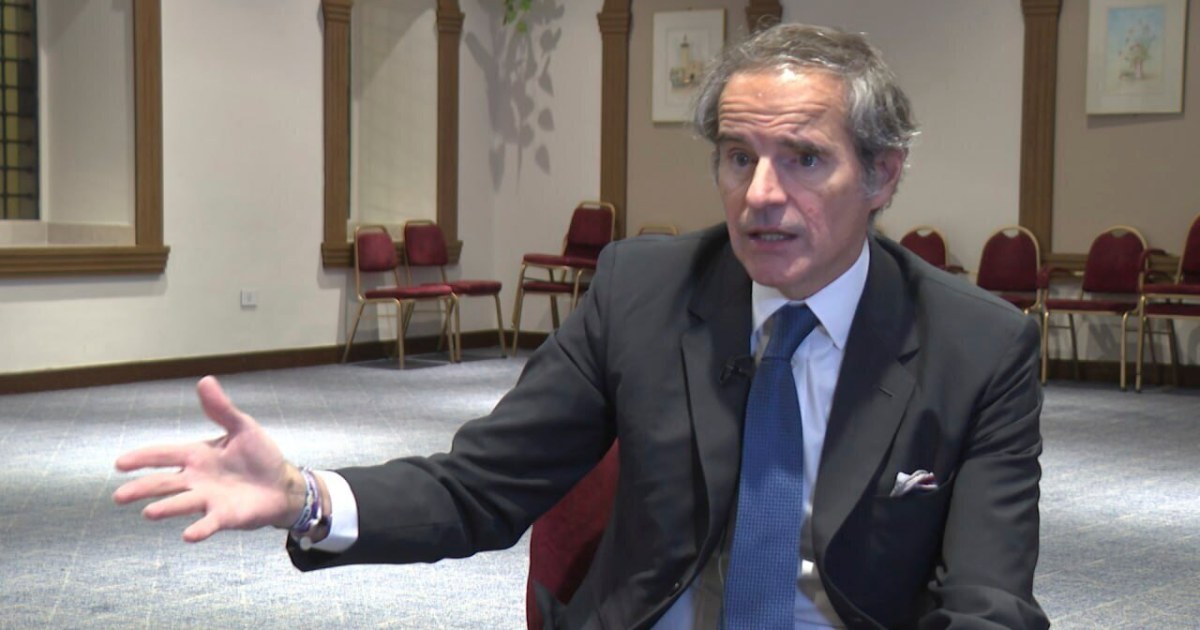As Damascus continues to acquiesce in the international community, Syria’s new government has agreed to grant inspectors from the International Atomic Energy Agency (IAEA) access to suspected former nuclear sites right away, according to the agency’s head.
Director-general of the UN nuclear watchdog, Rafael Grossi, met with President Ahmed al-Sharaa and other officials in Damascus on Wednesday.
Since President Bashar al-Assad’s ouster in December, the IAEA has been making strides to re-access sites related to Syria’s nuclear program.
Grossi stated that the agency’s goal is “to bring total clarity over certain activities that took place in the past that were, in the opinion of the agency, likely related to nuclear weapons.” He said he was confident in the completion of the inspection process in a few months and that the new government was “committed to opening up to the world and to international cooperation.”
After the United States and the European Union last month lifted sanctions against Syria, Grossi’s visit also represents yet another step in the direction of international acceptance. Despite the two nations holding indirect talks in early May, Israel has launched more than 200 air, drone, or artillery attacks across Syria over the past six months.
Last year, an IAEA team went to some interesting locations. According to reports, Syria’s under-Assad regime had a large, secret nuclear program, including a North Korean nuclear plant in Deir ez-Zor province, which was unveiled.
The reactor’s “not configured to produce electricity” was described by the IAEA, raising the possibility that Damascus sought nuclear weapons there by producing weapons-grade plutonium.
The reactor site was only made public after Israel, the region’s only nuclear power, launched airstrikes in 2007, destroying the facility. Later, Syria leveled the site and never fully addressed the IAEA’s inquiries.
Grossi described plans to return to the reactor in Deir az Zor and three other related locations. A facility in Homs and a miniature neutron source reactor in Damascus are additional IAEA safeguards that cover other locations.
The watchdog is concerned that “enriched uranium can be lying somewhere and could be reused, could be smuggled, and could be trafficked,” Grossi said, despite the lack of any indications that there had been radiation releases from the sites.
He claimed that al-Sharaa had shown a “very positive disposition” to talk to us and allow us to carry out our needs.
Grossi shared that the IAEA is also prepared to transfer nuclear medicine equipment and assist in the reconstruction of the country’s nearly 14-year civil war-era radiotherapy, nuclear medicine, and oncology infrastructure.
Grossi continued, “And the president has told me that he is also interested in exploring nuclear energy in the future.”
Source: Aljazeera

Leave a Reply